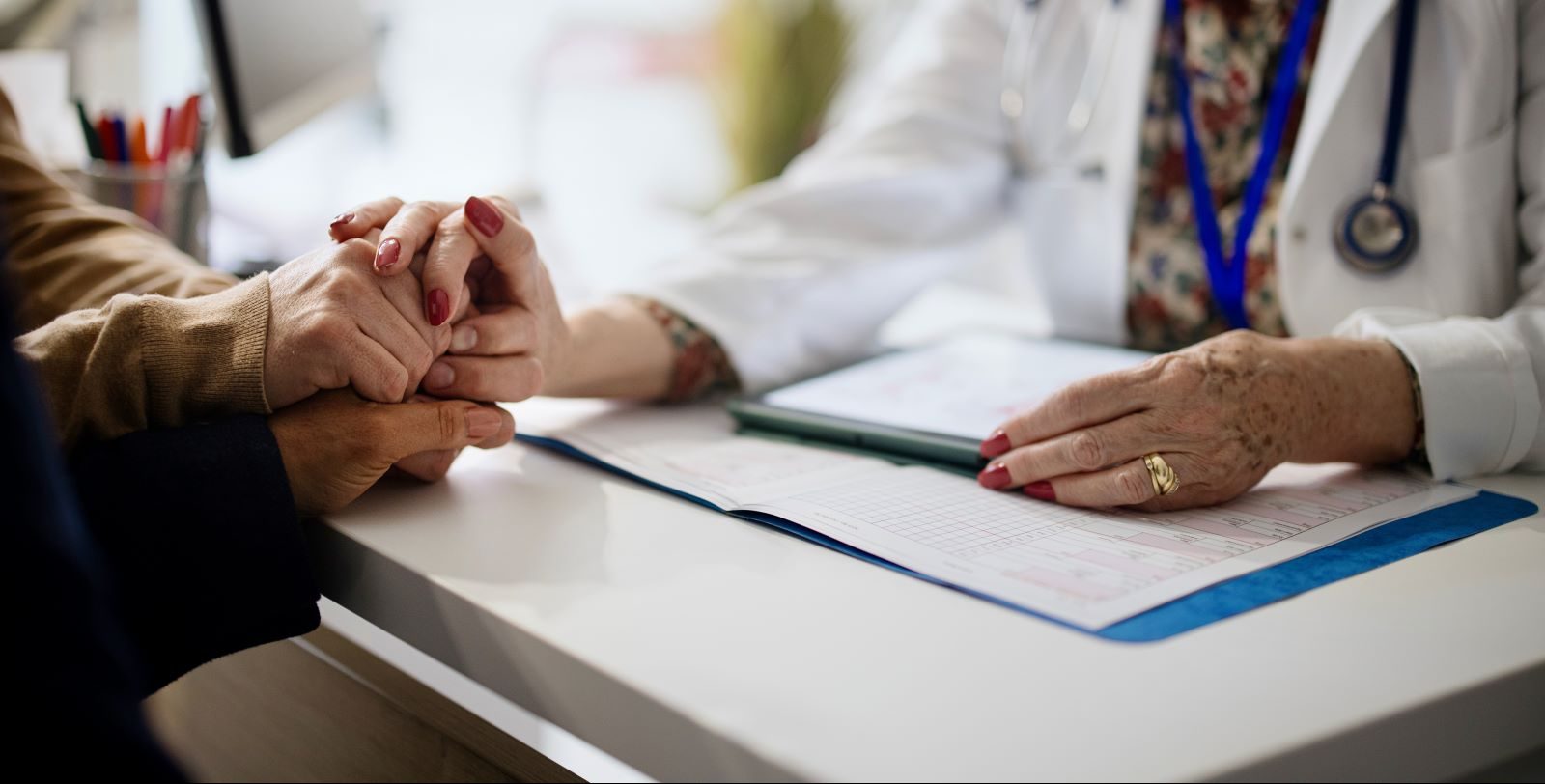<< Back
If Everything Causes Cancer, Why Should I Protect Myself?

February 07, 2023
Dry shampoo can cause blood cancer. Processed meats can cause stomach and bowel cancer. Alcohol can cause breast cancer. The list goes on.
Everywhere you turn, there’s another cancer risk factor. And you may be asking yourself – if everything causes cancer, why bother protecting myself?
Brian Whang, MD, a thoracic surgeon with the Hartford HealthCare Cancer Institute at St. Vincent’s Medical Center breaks down why it’s important to pay attention to your health.
> Connect with a cancer specialist
Cancer is not a death sentence.
With medical advances in recent years, there is a better understanding of what works and what doesn’t when it comes to cancer treatment.
The results speak for themselves. Deaths from cancer have dropped 33% since 1991 and the overall five-year cancer survival rate is 70%, up from 49% in 1979, according to the American Cancer Society.
“Surgery has never been safer and less invasive,” says Dr. Whang. “The delivery of radiation has become more nuanced and precise. Moreover, the molecular sophistication of our knowledge has allowed us to create some game-changing drugs.”
The takeaway? More people are surviving the cancer than ever. But that does hinge on one factor.
> Want more health news? Text StartHere to 85209 to sign up for text alerts
Early detection equals higher survival rates.
It’s not just treatment that’s made major advances in the past few decades. There are now more tools than ever for detecting different types of cancer.
“While we seem to be bombarded by things that cause cancer, there are ways to detect many types of cancer early on so that we can have a decent shot at curing them,” says Dr. Whang.
The Centers for Disease Control and Prevention (CDC) recommends screenings for:
- Breast cancer (mammograms)
- Cervical (pap smears)
- Colorectal (colonoscopies)
- Lung cancers (low-dose CTs)
In the case of cervical cancer, vaccination is making an even bigger impact. The widespread adoption of the human papillomavirus (HPV) vaccine has saved 3.8 million lives, thanks to a drop across cancer types, according to the Cancer Society report.
What if I have a family history of cancer?
If you’ve read this far and are still on the fence because you have a family history of a certain kind of cancer, know this – family history does not mean an inevitable diagnosis.
While a family history of certain cancers, such as prostate, can put you at a higher risk, it doesn’t mean you’ll definitely be diagnosed with it. But it does mean you should speak with your doctor about your family history and any recommendations for screenings.
And it turns out that family history may not be the biggest risk factor for cancer.
“While there is a genetic predisposition to many types of cancer, most of the time it’s the environmental factors that light the kindling, so to speak, and unfortunately behaviors like smoking that can have a bigger impact,” explains Dr. Whang.
Here’s how you can protect yourself.
Ready to protect yourself from cancer, but not sure where to start?
A conversation with your primary care provider about recommended screenings, family history and risk factors is a good first step, says Dr. Whang.
In addition, Dr. Whang advises considering lifestyle changes that will result in a healthier you, plus a lowered risk of cancer:
“Proper diet has a big role in the prevention of cancer,” says Dr. Whang. “Regular exposure to heavily processed foods and additives such as nitrates should be avoided. Charcoal cooking and the curing of meats produce carcinogens.”